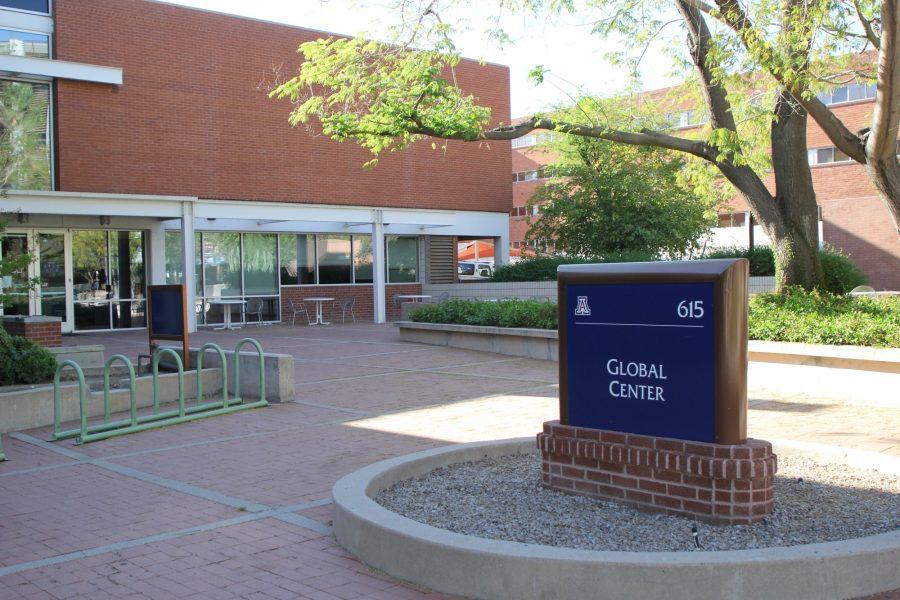While the pandemic continues, so does the University of Arizona’s study abroad department’s quick and ever-changing response as it plans to move forward with programs for the summer and fall.
According to Harmony DeFazio, executive director of UA study abroad, deadlines to apply for this summer have passed and are approaching for the fall.
While the number is about the same for the fall, this summer, study abroad offered about 30 programs compared to the approximately 45 they had the year prior to the pandemic. The number changed because the feasibility of programs depends on the restrictions implemented by specific countries, including quarantine, testing and immigration requirements, meaning study abroad has to deal with the circumstances of each student differently.
“It’s not so much that there’s big chunks of the world where we’re saying … students can’t go there,” DeFazio said. “It’s really being monitored on a program by program basis. Programs are being offered in situations where our university protocols are being met and our partners are continuing to offer the programs.”
Additionally, situations can change on a daily basis as countries continue to set new regulations and programs alter itineraries for students. Even flights going to the same destination can have totally different quarantine requirements once students land in the country. Apart from precautions such as quarantining and testing, DeFazio said expenses do not seem to have changed significantly.
“Safety remains, as usual, a priority concern for students and the study abroad team … study abroad keeps a close eye on programs to make sure that students are fully informed, prepared and ready for their time abroad in this new setting,” said Rachel Walker, assistant director of study abroad marketing and Taylor Goldstein, email manager for UA Study Abroad Global, in an email.
But while the number of students for the summer has reduced due to a fewer number of programs, the level of general interest has not.
“There has definitely been an increase in interest for study abroad in the upcoming terms compared to earlier in the pandemic,” Walker and Goldstein said. “As vaccines become more widely available and as we have gotten more information about COVID-19 in general, people are beginning to actively plan for travel in their future.”
They said that about 1,000 people visited the virtual study abroad fair last fall, and attendance at virtual information sessions has been much better compared to the beginning of the pandemic. Students can go to the next study abroad 101 session on April 15 at 1 p.m., which will cover things from how to decide on the program that best fits students’ interests to potential costs and scholarships.
Similar to the virtual sessions, Walker and Goldstein also noted study abroad’s transition to advising completely online has made resources even more accessible.
“Our new digital resources enable us to anticipate and respond to students’ greatest needs and questions in advance!” Walker and Goldstein said. “Some of these developments over the past year include resources for students such as a podcast on Global Wildcat Voices, a new comprehensive Start Your [Study Abroad] Journey Website, videos and on-demand resources …[and] a fully online Pre-Departure Orientation in D2L.”
Both also recommended that interested students plan ahead as soon as possible by setting enough time aside to meet with a study abroad coordinator and their academic advisor. Students can also save general education and elective classes to make a variety of different programs available to them. If students are not yet comfortable traveling, applications for spring are opening in the summer.
DeFazio encouraged those interested in studying abroad to get a coronavirus vaccine appointment now that the age range has been reduced to 16 because they would be taking meaningful steps to protect themselves and those around them.
“We always say even in the best of times studying abroad requires flexibility and adaptability, and that is true now more than ever,” DeFazio said. “It’s like the landscape is shifting a little bit under our feet everyday, and the students really need to be ready to roll with that and be flexible. … We’ll guide you through things to the best of our ability, but we need you to be ready to walk down that path with us.”
Follow Sean Collins on Twitter








